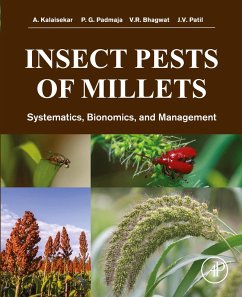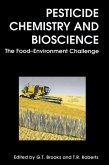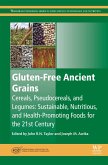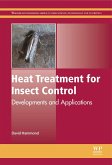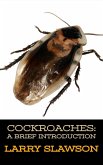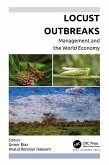By exploring the novel aspects of Insect-plant relationships, including host signaling orientation, host specialization, pest - host evolutionary relationship, and biogeography of insects and host plants, the book presents the latest ecologically sound and innovative techniques in insect pest management from a general overview of pest management to new biotechnological interventions.
- Includes the most comprehensive and relevant aspects of insect systematics, including synonyms, nomenclatural history, and identification characters to quickly guide readers to desired information
- Addresses aspects of insect-plant relationships, including host signaling and orientation, host specialization, pest - host evolutionary relationship, and biogeography of insects and host plant
- Presents the latest research findings related to the ecological, behavioral, and physiological aspects of millet pests
Dieser Download kann aus rechtlichen Gründen nur mit Rechnungsadresse in A, B, BG, CY, CZ, D, DK, EW, E, FIN, F, GR, HR, H, IRL, I, LT, L, LR, M, NL, PL, P, R, S, SLO, SK ausgeliefert werden.

